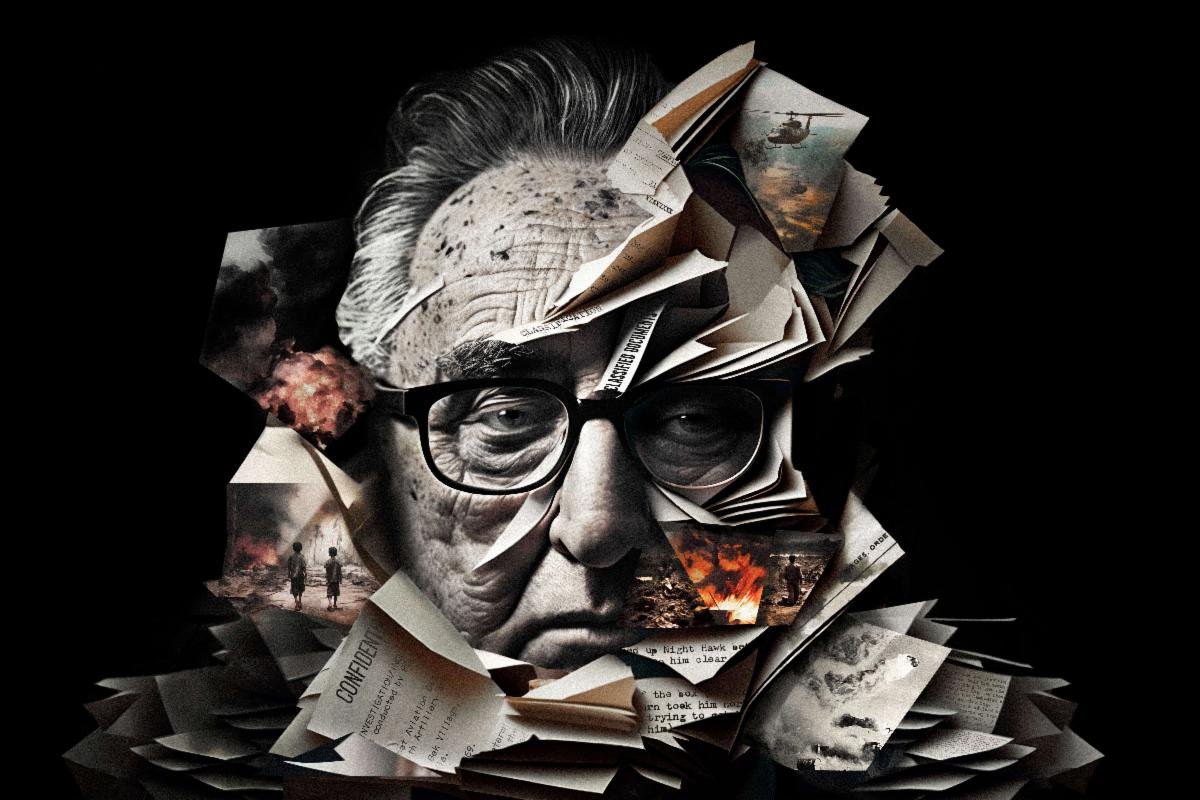

How will the lawyers approach summations Tuesday in the historic case of People v. Donald Trump?
There’s reason to think the state will urge jurors to use their common sense and focus on the narrative that several witnesses corroborated. The defense, meanwhile, may have no choice but to sow as much confusion as possible, with its best shot resting on raising doubt about the relatively intricate nature of the legal charges.
Though anything can happen in court, the state has already previewed what it will likely argue. When prosecutor Matthew Colangelo gave his opening statement last month, he told jurors:
The prosecutor explained:
Obviously, then, we expect Steinglass to walk the jury through the allegedly falsified documents themselves, which relate to former Trump fixer Michael Cohen’s reimbursement for paying hush money to Stormy Daniels ahead of the 2016 election. But to prove the felony charges, the state must convince the jury unanimously that Trump not only caused their falsification but that he did so with intent to defraud that included an intent to commit or conceal another crime. (Trump has pleaded not guilty and has denied having sex with Daniels.)
Legally, that requires jumping through some hoops. The main “other crime” that the prosecution has cited is a state crime that bars conspiring to promote or prevent a public official’s election by “unlawful means.” That raises the question of what the “unlawful means” are. Those may include federal campaign finance violations of the sort that Cohen pleaded guilty to, in connection with the hush money scheme at the center of this state case, too. (The jury can’t legally infer from Cohen’s guilt that Trump, who was never charged federally, is therefore guilty as well.)
These somewhat sophisticated charges could become unwieldy in the hands of unskilled prosecutors. But Manhattan District Attorney Alvin Bragg’s office has simplified the narrative to Trump covering up an election conspiracy with false documents. In addition to the records, the state relies not only on testimony from Cohen — a key witness, for sure — but also from witnesses friendlier to Trump, like tabloid publisher David Pecker, who testified about the catch-and-kill scheme ahead of the 2016 election, and former Trump aide Hope Hicks, who said she didn’t believe her boss when he told her that Cohen paid off Daniels out of the kindness of his heart.
Steinglass will likely remind jurors that the case isn’t about whether Cohen is a good guy — and, in fact, that some of the ways in which Cohen is not a model citizen actually help show Trump’s guilt, as in the Hicks example. Whatever Cohen’s bias against Trump, it’s harder to believe that there is some conspiracy against the defendant when testimony from Trump’s allies — even his own words from his books — along with the documents align to support the state’s narrative.
There’s no single smoking gun, but there’s no legal requirement for one. That’s where common sense and corroboration come in.
Interestingly, Trump lawyer Todd Blanche also cited common sense in his opening, telling jurors: “Use your common sense. We’re New Yorkers. That’s why we’re here.” The problem is that the defense hasn’t tried this case in a purely logical fashion. Trump’s lawyers have contested things that they didn’t need to — like whether Trump had sex with Daniels — and they put a witness on the stand in Robert Costello whose testimony, both in terms of what he said and how he said it, may have been more helpful to the prosecution.
That doesn’t make this a slam-dunk case for prosecutors. It’s always dangerous to guess what a jury will do (hence why I wrote that the case may have been won or lost at jury selection). And no matter how compelling a case the state has mounted, and no matter how blundering the defense has been at times, it’s still the state’s burden to prove the charges beyond a reasonable doubt.
Ultimately, that may be the defense’s best case. Trump’s lawyers don’t have to offer a compelling counternarrative of what happened — though that might have been helpful — because they can simply argue that the prosecution failed to prove its case. While they might have lost credibility in how they conducted Trump’s defense, their best hope may lie in painting this whole thing as too legally complicated to prove beyond a reasonable doubt (hence why I wrote that how the judge instructs the jury on the law will be crucial as well).
Trump has good lawyers. But their seeming blunders may have been at least partly due to their client insisting they do things a certain way. The success of the summation presented on his behalf may hinge partly on how much Trump is involved in this final phase of the trial — and how much he leaves his fate to the professionals.
Subscribe to the Deadline: Legal Newsletter for weekly updates on the top legal stories, including news from the Supreme Court, the Donald Trump cases and more.
This article was originally published on MSNBC.com
EMEA Tribune is not involved in this news article, it is taken from our partners and or from the News Agencies. Copyright and Credit go to the News Agencies, email news@emeatribune.com Follow our WhatsApp verified Channel









